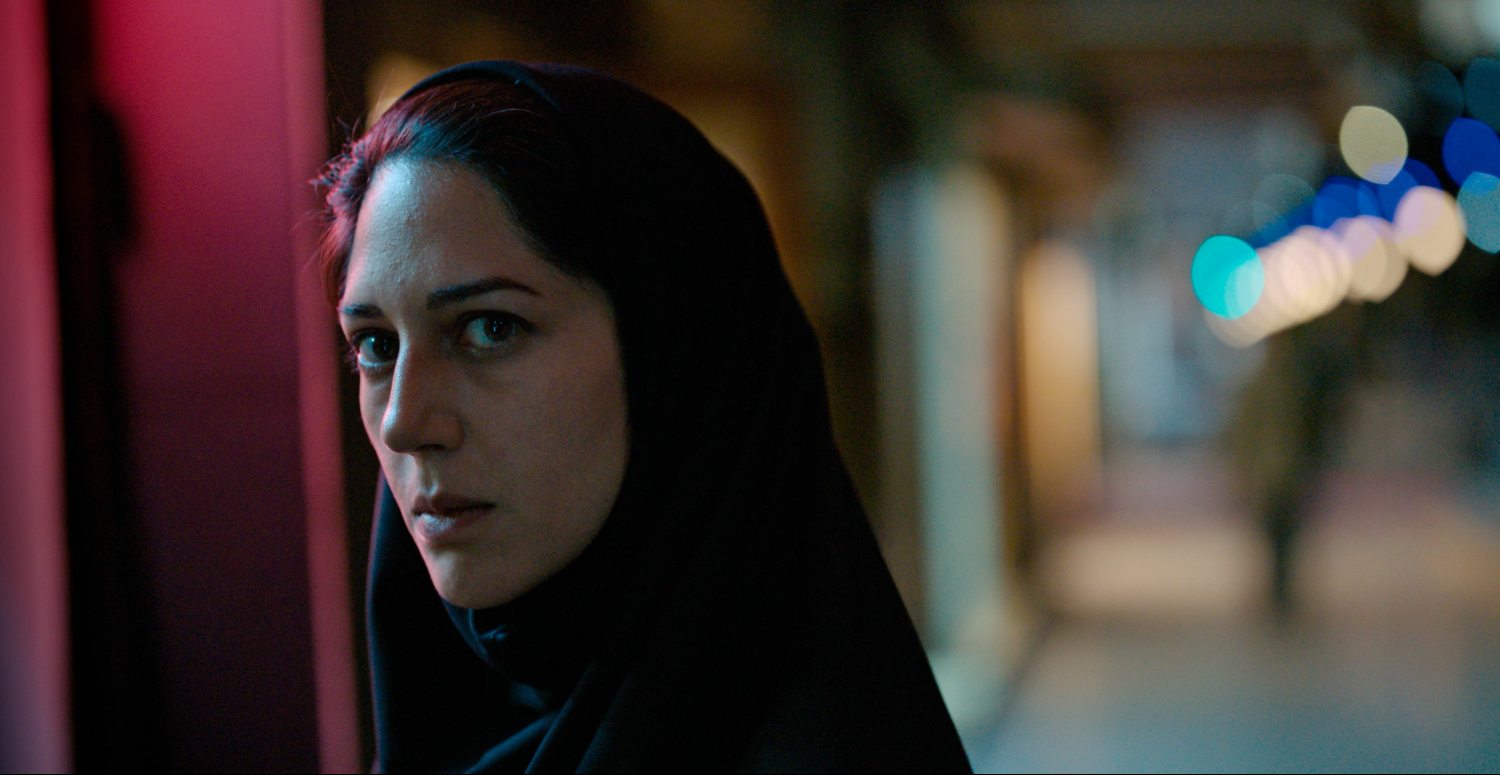Les Nuits de Mashhad
Ankabut-e moqaddas – عنکبوت مقدس
(Holy Spider)
Prix d’interprétation féminine – Cannes
Best Danish Film – Denmark
Best Director & Best Original Screenplay – Denmark
Best Actress & Supporting Actor – Denmark
Best Production Design & Sound Design – Denmark
Best Editing & Visual Effects – Denmark
Best Cinematography & Original Score – Denmark
2022

FR EN
Avec en toile de fond la ville sainte de Mashhad, Ali Abbasi reprend avec noirceur les crimes d’un tueur en série du début du siècle.
Au début des années 2000, un mystérieux tueur sévit dans la ville de Mashhad pour « nettoyer la ville sacrée de ses femmes impures ». Faces à ces actes fanatiques et face à l’inaction de la police, Rahimi une journaliste de Téhéran décide de mener l’enquête bravant la colère des hommes et leurs dissuasions.
Dérangeant par ses choix de mise en scène, le réalisateur iranien s’écarte du polar classique nous dévoilant l’identité de son assassin dès les premières minutes. « Holy spider » s’oriente vers la moitié du film vers un thriller politique où les actes d’un homme dénoncent maquillés, les dogmes et les troubles d’un état religieux. « Holy spider » dénoncent finalement avec grâce et effroi l’archaïsme d’une société déboussolée. Tous deux Victimes de ce fanatisme religieux, Ali Abbasi et Zar Amir Ebrahimi, réalisateur et actrice principale du film, livre avec une centaine horreur un film puissant autant dans sa mise en scène que dans son interprétation.
Si la seconde partie du film qui touche davantage à l’aspect judiciaire et à l’opinion publique est une remarquable dénonciation mise en scène avec brio, il est dommage de ne pas avoir poussé le thriller plus loin tant la tension de la première partie reste remarquable. Outre le manque cruel de polar, « Les Nuits de Mashhad » est un véritable brûlot rageur, dont les choix d’écriture et de réalisation révèlent un film puissant sur la place des femmes, asphyxiées par les dogmes d’une société malade.
Set against the backdrop of the holy city of Mashhad, Ali Abbasi darkly chronicles the crimes of a serial killer.
In the early 2000s, a mysterious killer rampaged through the city of Mashhad to “cleanse the holy city of its impure women”. Faced with these fanatical acts and the inaction of the police, Rahimi, a journalist from Tehran, decides to investigate, braving the anger and dissuasion of the men.
The Iranian director’s directorial choices are disconcertingly different from the conventional whodunit, revealing the identity of the killer within the first few minutes. Halfway through the film, “Holy Spider” turns into a political thriller, in which one man’s actions are a disguised denunciation of the dogmas and turmoil of a religious state. In the end, “Holy Spider” condemns the archaism of a disoriented society with grace and terror. Both victims of this religious fanaticism, Ali Abbasi and Zar Amir Ebrahimi, the film’s director and lead actress, deliver a powerful film with a hundred horrors, in terms of both direction and acting.
While the second half of the film, which deals more with the judicial aspect and public opinion, is a remarkable denunciation brilliantly staged, it’s a shame not to have taken the thriller further, as the tension of the first half remained astonishing. Apart from its cruel lack of mystery, “Holy Spider” is a real furious firebrand, whose writing and directing choices reveal a powerful film about the place of women, suffocated by the dogmas of a diseased society.

